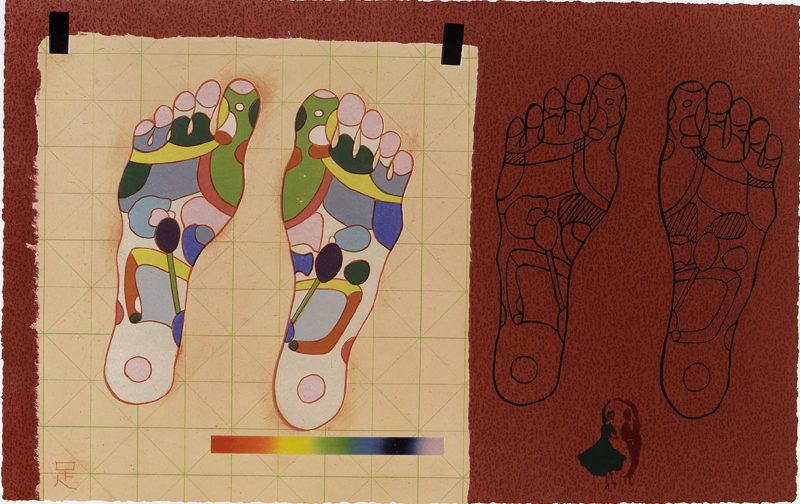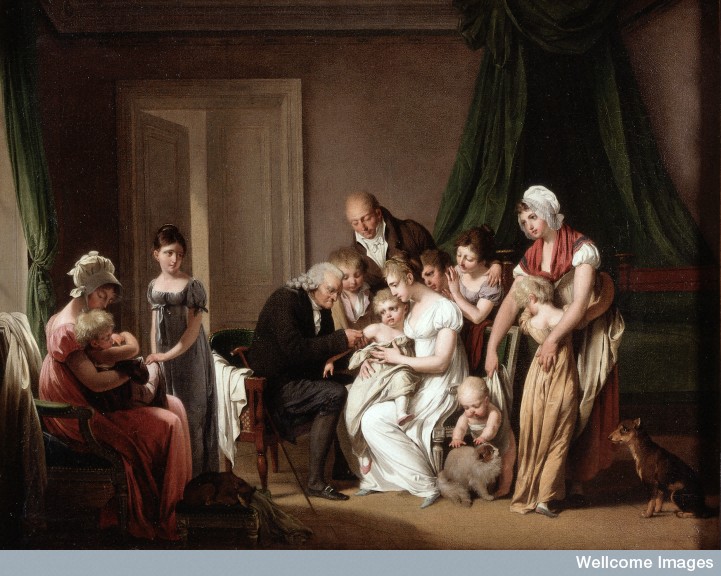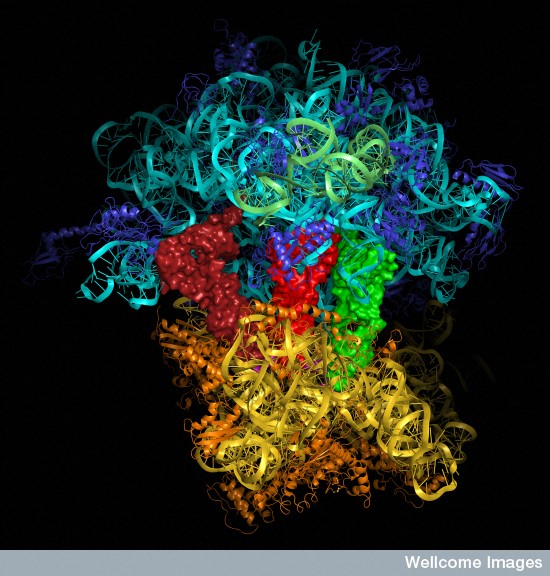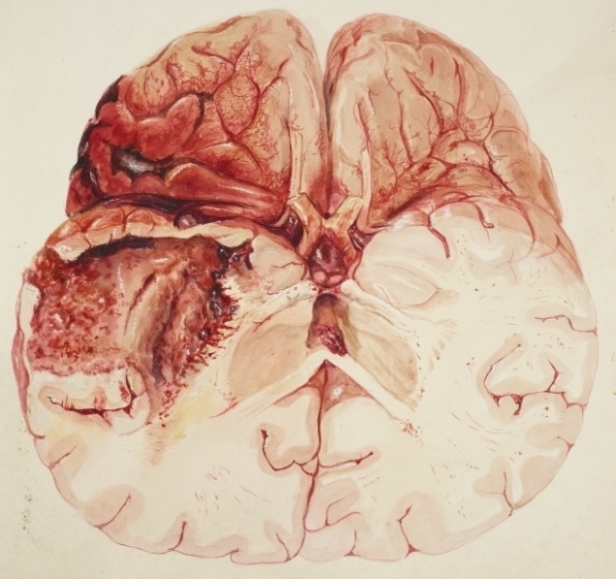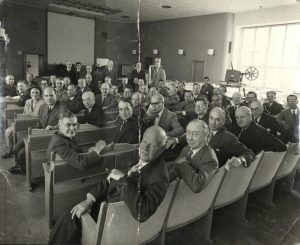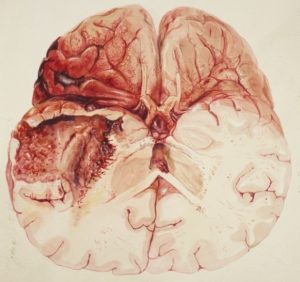Life and death in 1960’s Civil Service: Whitehall Study I collection now available
Posted onChris Olver, Cataloguing Archivist, London School of Hygiene & Tropical Medicine
The London School of Hygiene & Tropical Medicine has been at the centre of excellence for epidemiology and medical statistics for 90 years. Researchers at the school have contributed to our understanding of disease outbreaks, effectiveness of drug and vaccination treatments and effect of environmental and lifestyle choices on population health. The papers of one of the most renowned longitudinal studies on population health, Whitehall Study, is now available for consultation at the School’s Archive Service.

The Whitehall Study I, also known as the ‘Health Survey of Male Civil Servants aged 40 or over’, was a longitudinal health survey of male Civil Servants, aged 40-60, based in London, conducted from 1967-1970 by the London School of Hygiene & Tropical Medicine and Guy’s Hospital. The study involved a mass health screening of 18300 subjects selected across 38 departments conducted in a special screening centre situated in Whitehall. The initial purpose of the study was to identify early signs of cardiovascular, respiratory and metabolic diseases and refer at risk patients onto medical services. The second phase of the study involved selecting subjects for a series of controlled studies on effectiveness of intervention methods, these included weight loss trials, exercise trials and a smoking cessation study involving 1445 men. The entire study cohort were then monitored and tracked by the survey team, through the Office of Population Censuses and Surveys (OPCS), with any deaths and certain disease diagnoses recorded.
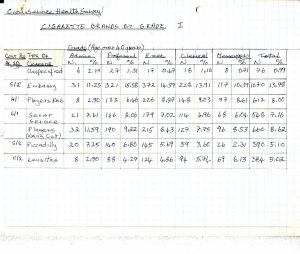
It was through the analysis of the resulting mortality data that the most famous finding of the study was revealed. Sir Michael Marmot noticed that lower grade employees were a third more like to die from various mortality causes than those employed at higher grades. This finding showed a clear social gradient in mortality and led to a second Whitehall Study being created that focused directly on the extent and causes of the social gradient. The Stress and Health Study, or Whitehall II, followed a new cohort of 10,308 male and female subjects, aged 35-55, from 1985 to the present day.
The archive collection provides an invaluable resource of the data collection, monitoring work and analysis conducted on the original Whitehall Study. The majority of the papers include raw data from the health screening, primarily questionnaires but also clinical test results including electrocardiograms, X-ray and blood results. Mortality data includes photocopies of death certificates, medical coding and computer coding forms and sickness absence reports collected from across the participating departments. Other material includes follow-up studies, primarily relating to the smoking cessation trial and graphs, tables and working papers regarding data analysis. The collection also includes a rich holding of material from preceding health surveys conducted at the School including material relating to General Post Office (GPO) health trials, 1964-1993, and the survey on the effects of air pollution on rates of chronic bronchitis in the Civil Service, 1950-1958.
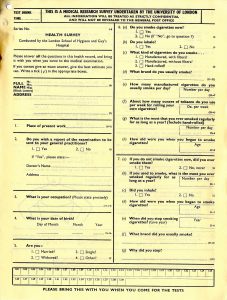
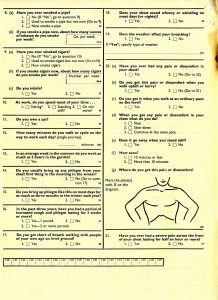
The Whitehall Cataloguing Project sought to preserve, catalogue and make available the Whitehall Study collection for wider access. It was undertaken by the LSHTM Library & Archives Service between January and September 2017, with funding provided by a Wellcome Trust Research Resources grant. The catalogue description is available on the London School of Hygiene and Tropical Medicine online catalogue and can also be viewed on the AIM25, Archive Hub and the National Archives Discovery catalogue.
